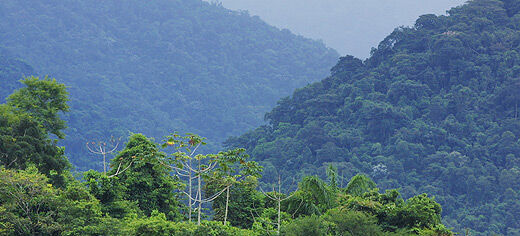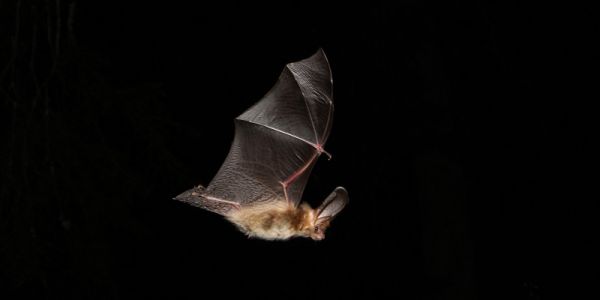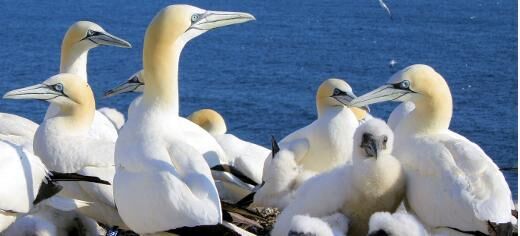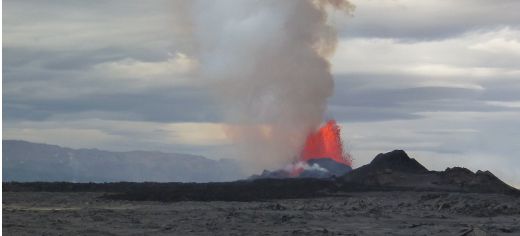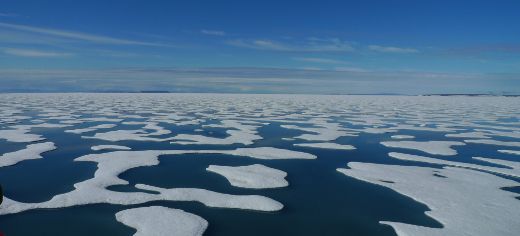
Drawing a ‘curtain of fire’ on dinosaur extinction theory?
The role volcanic activity played in mass extinction in the Earth’s early history is likely to have been much less severe than previously thought, according to a study led by the University of Leeds.


